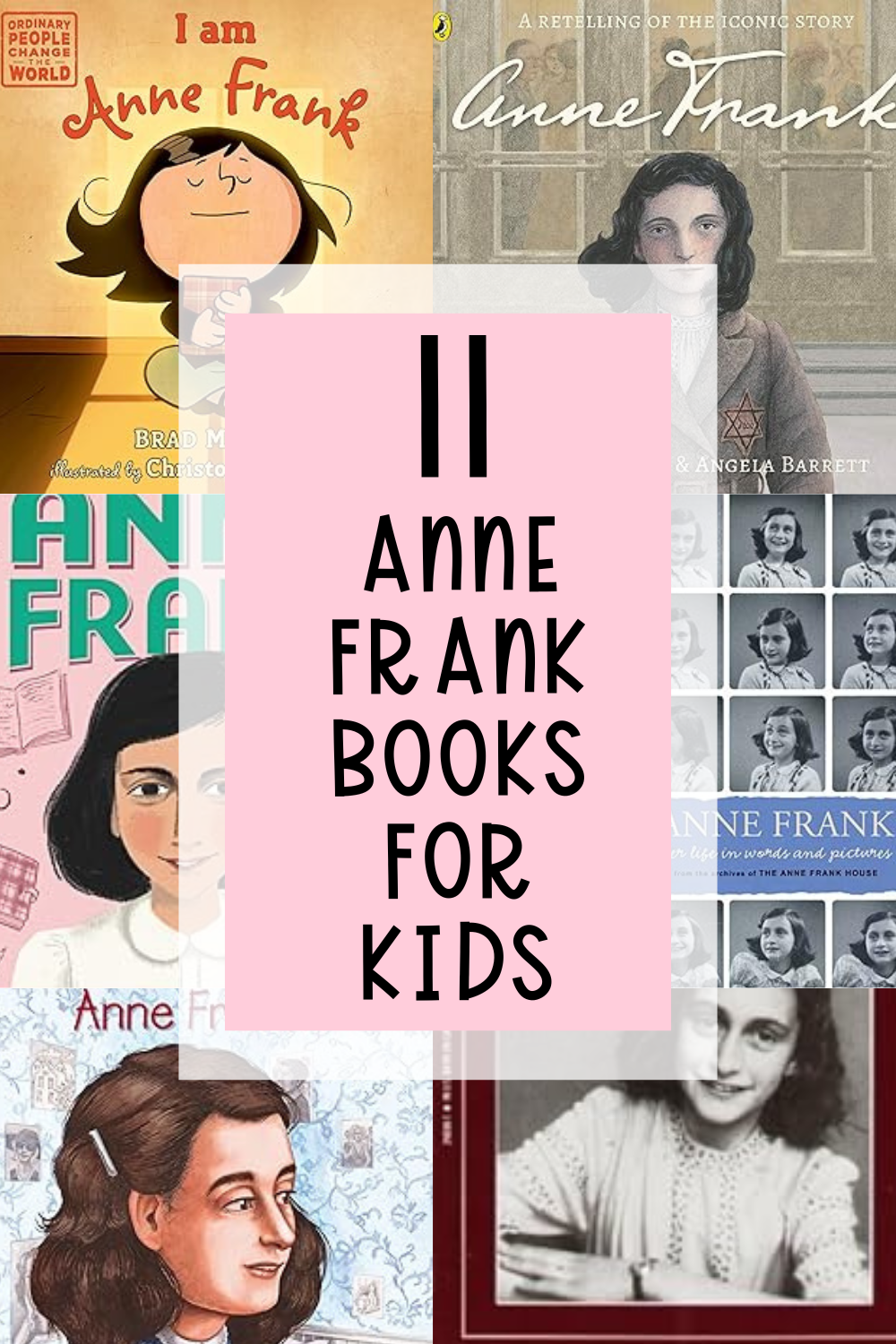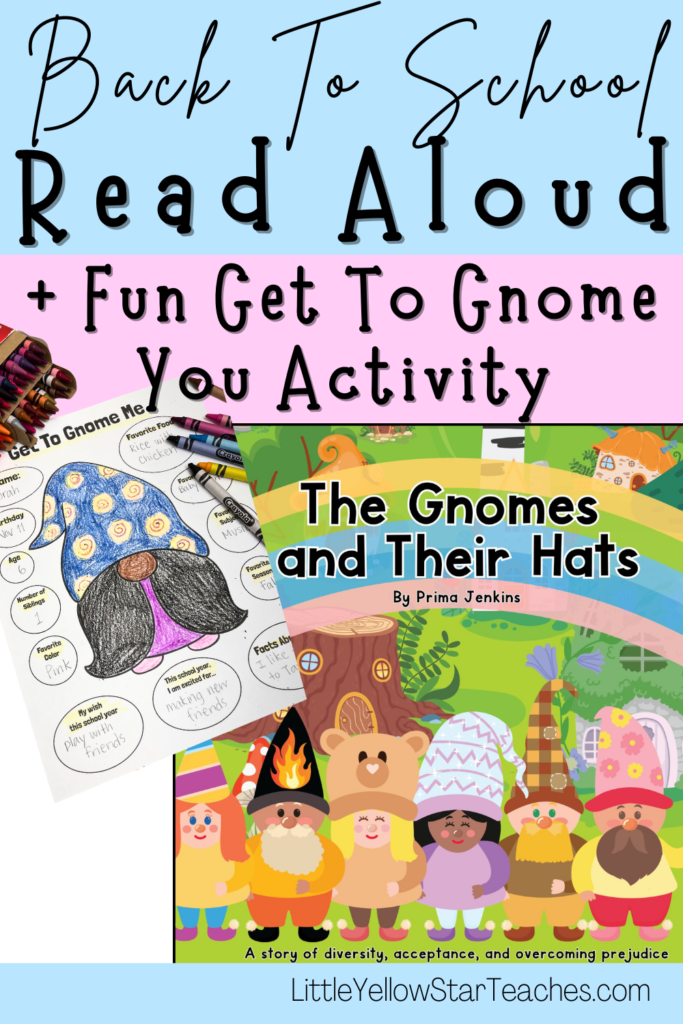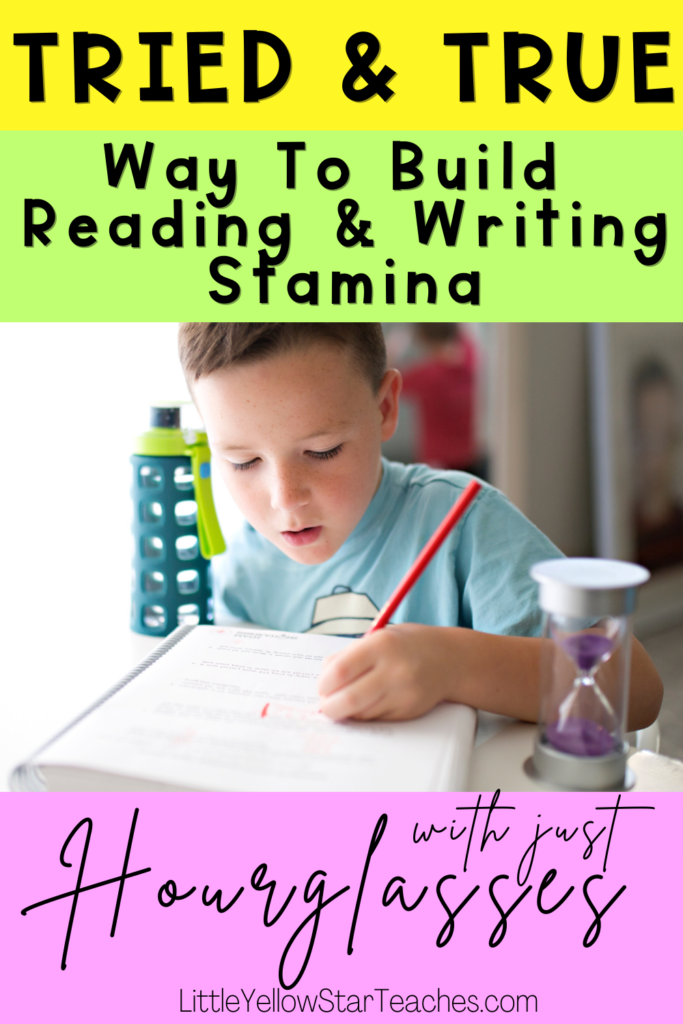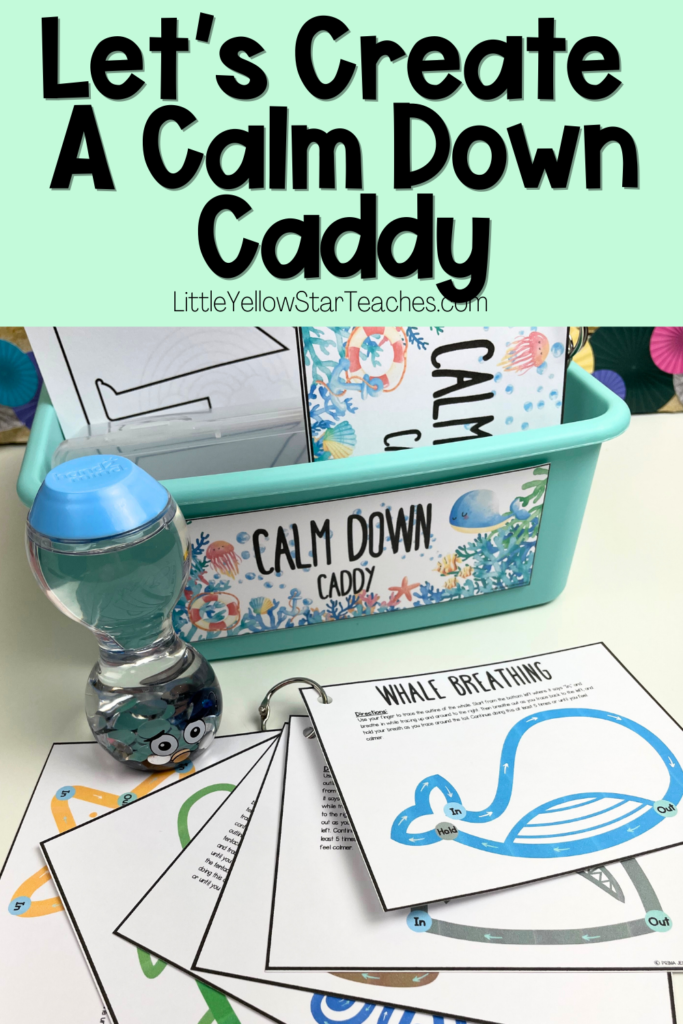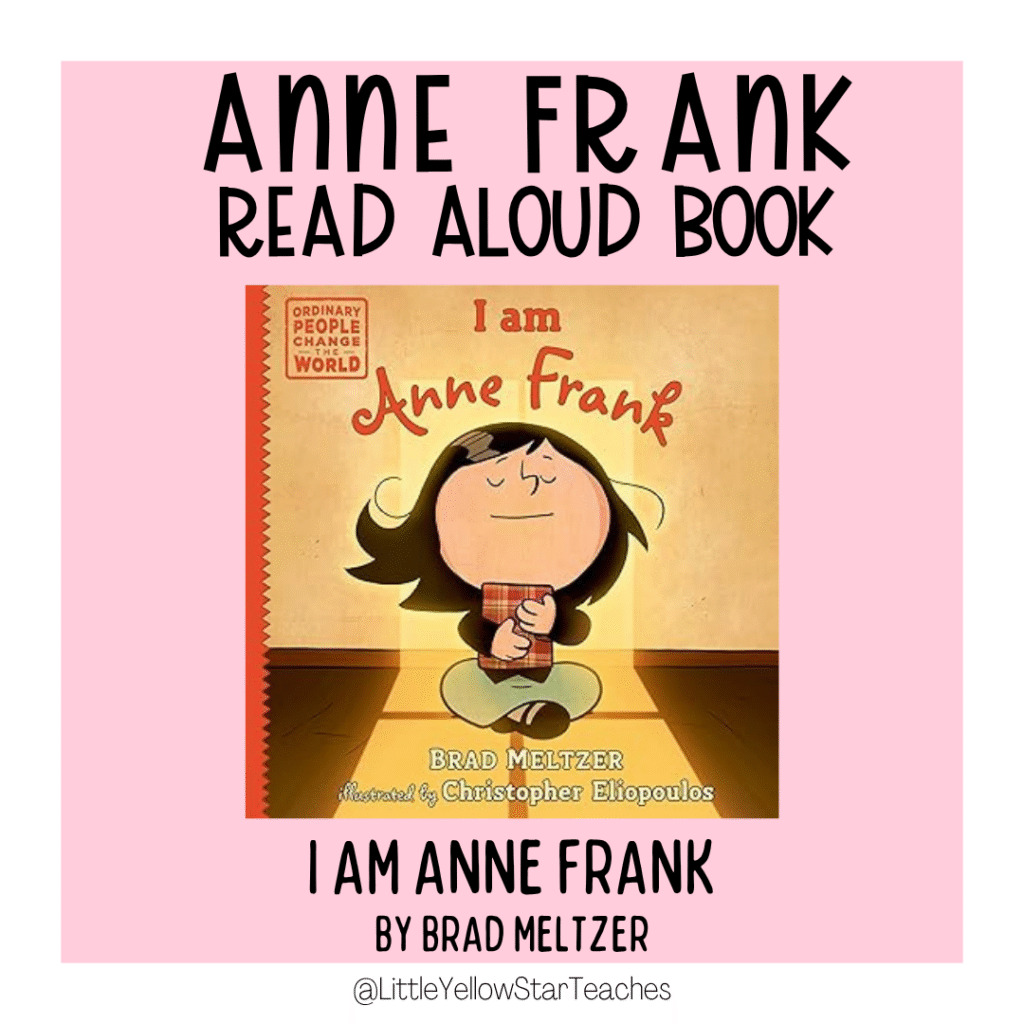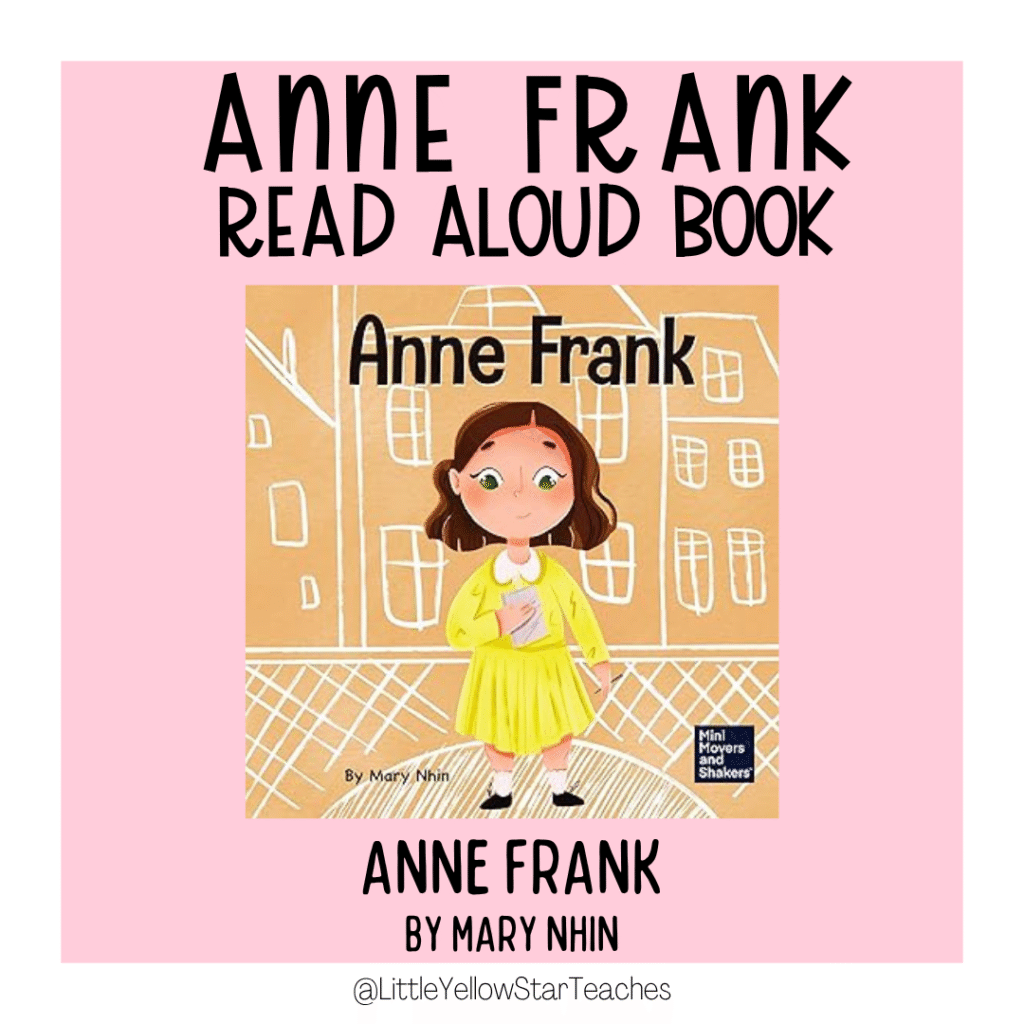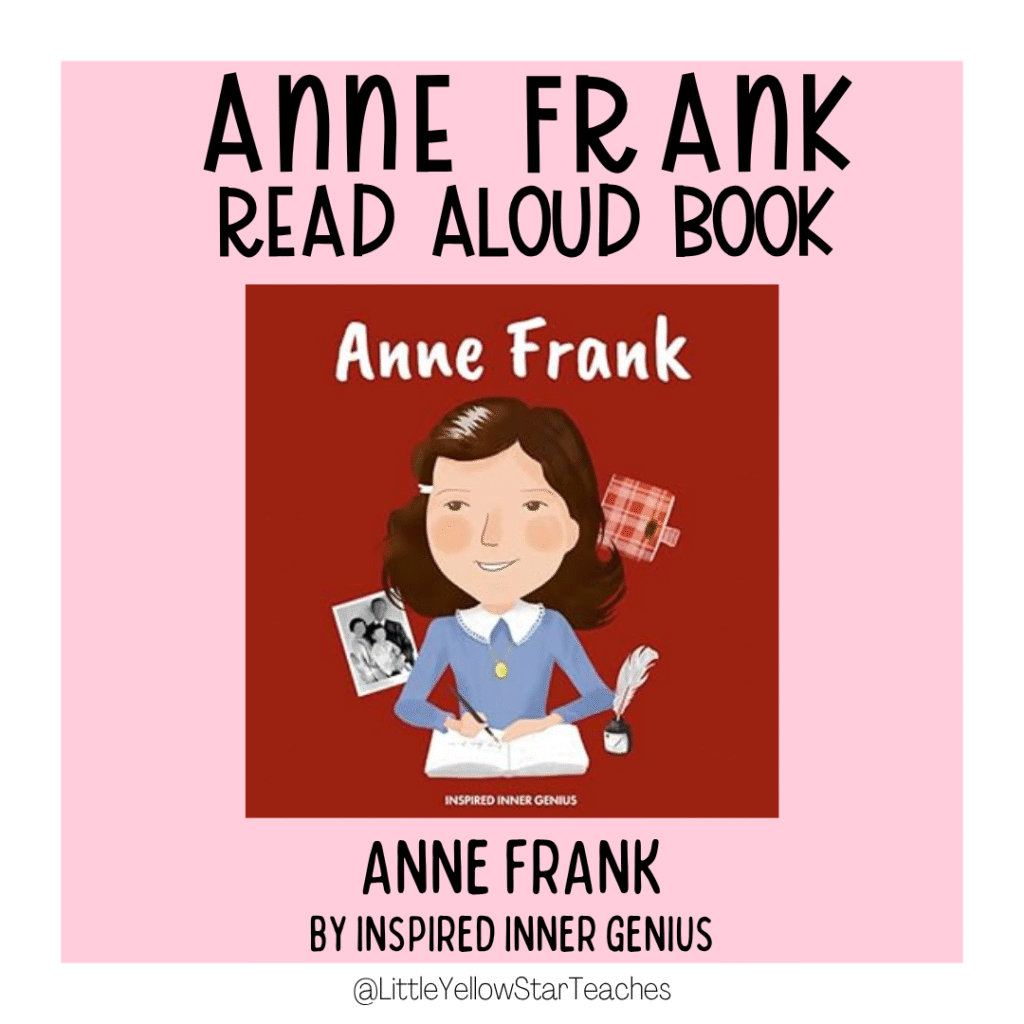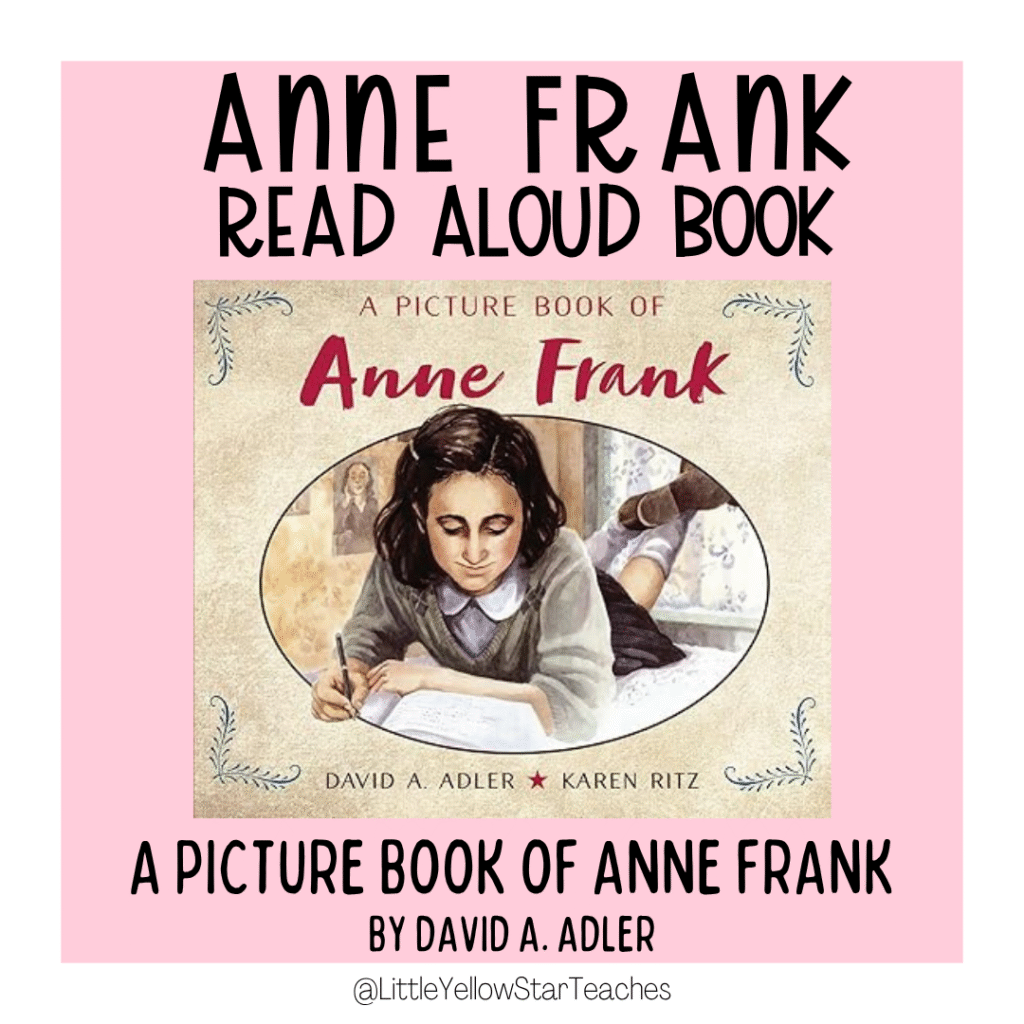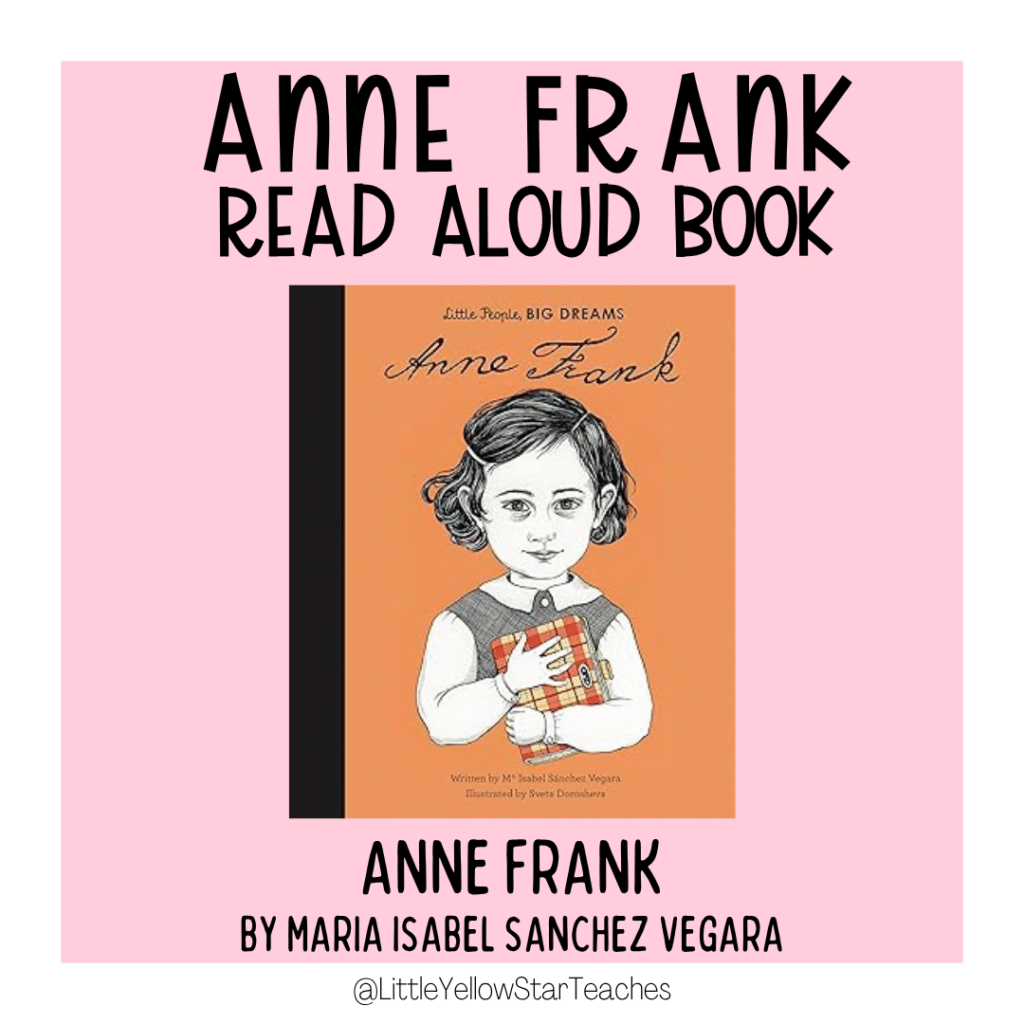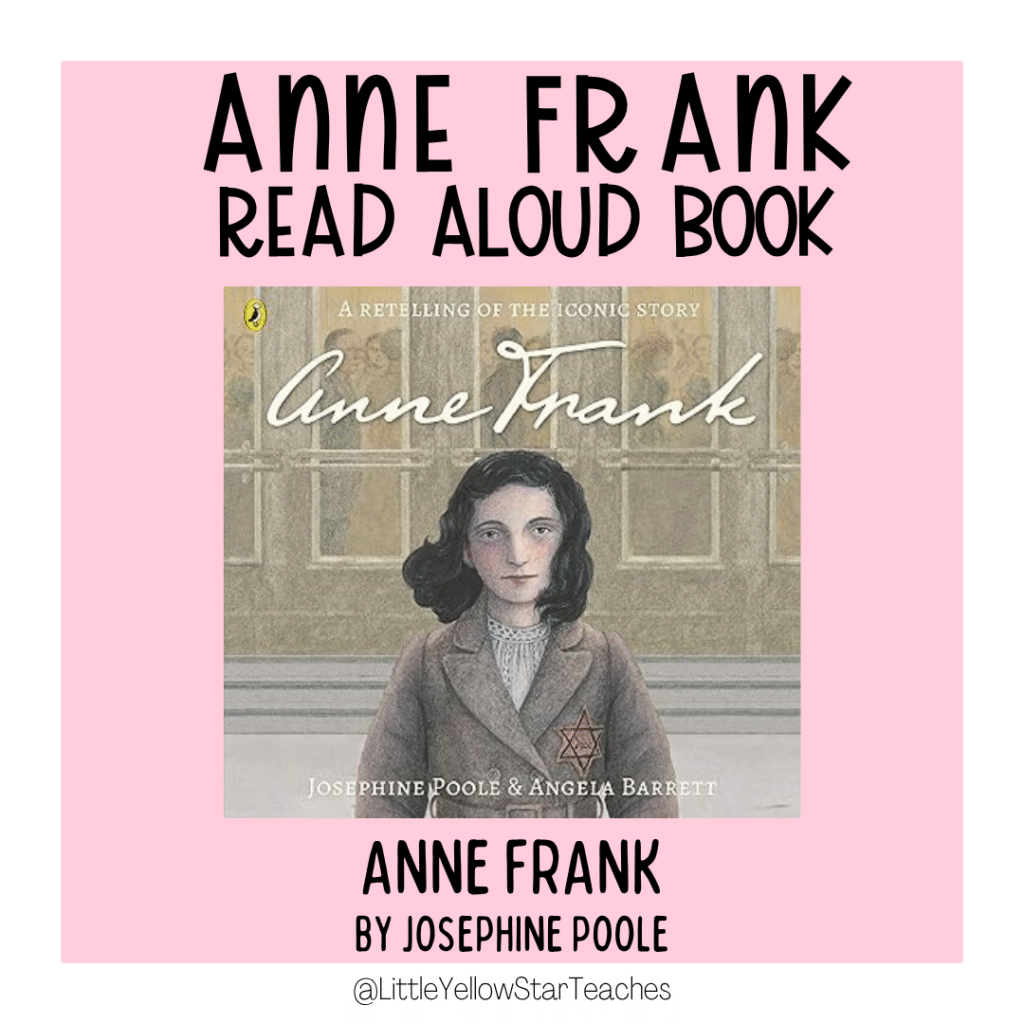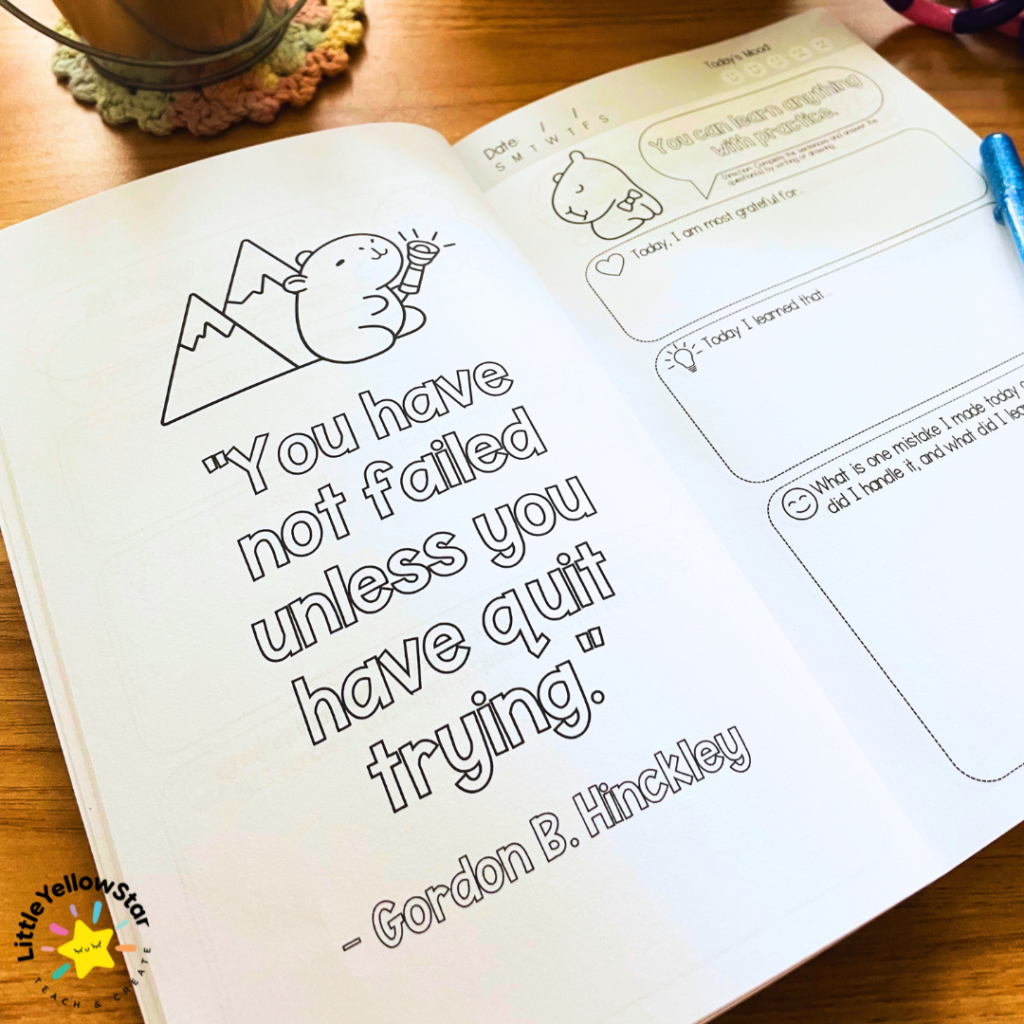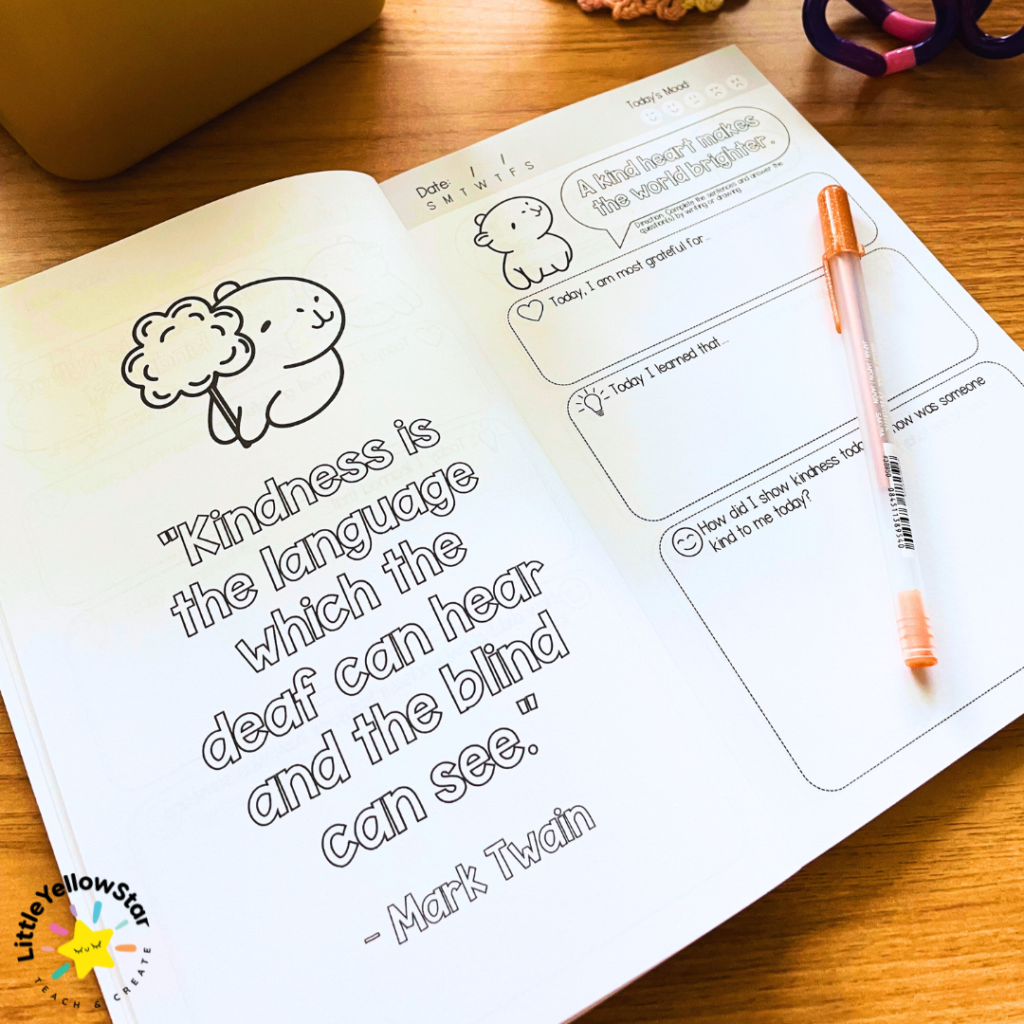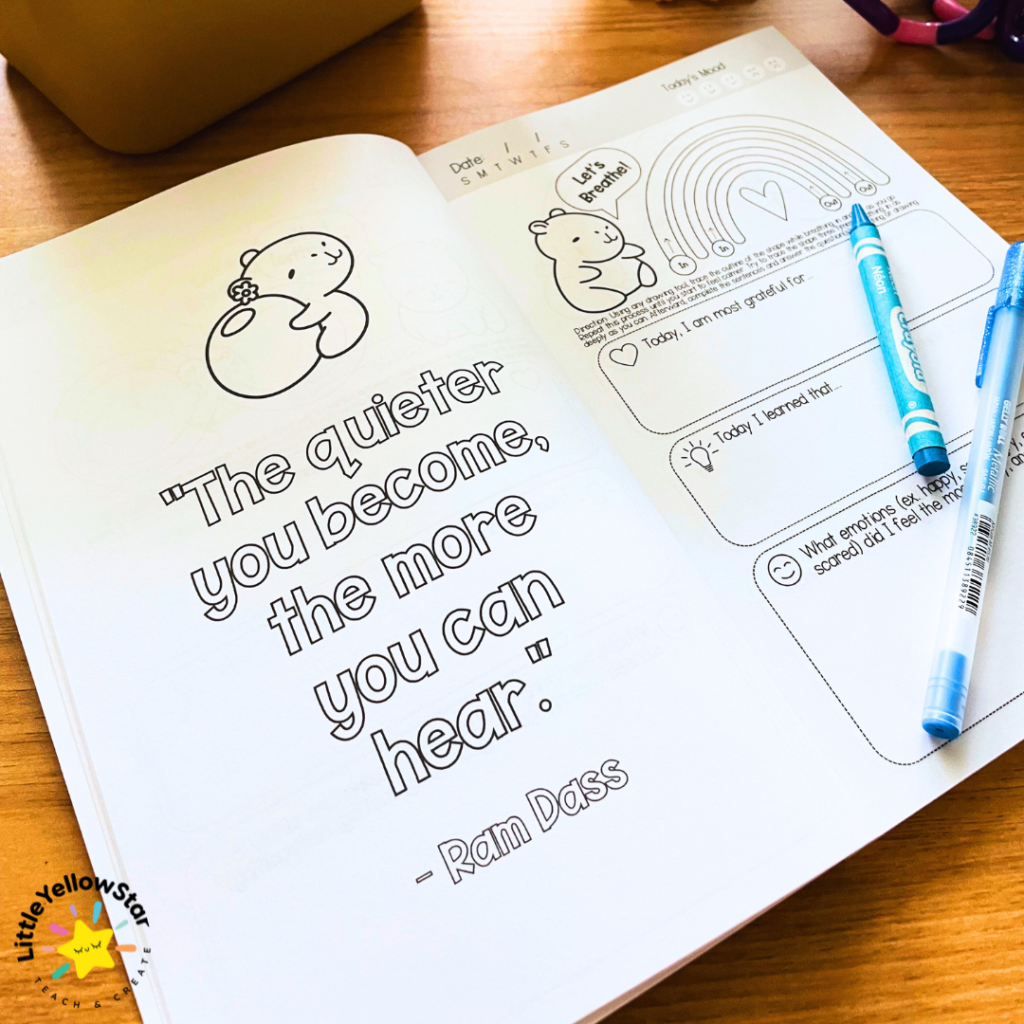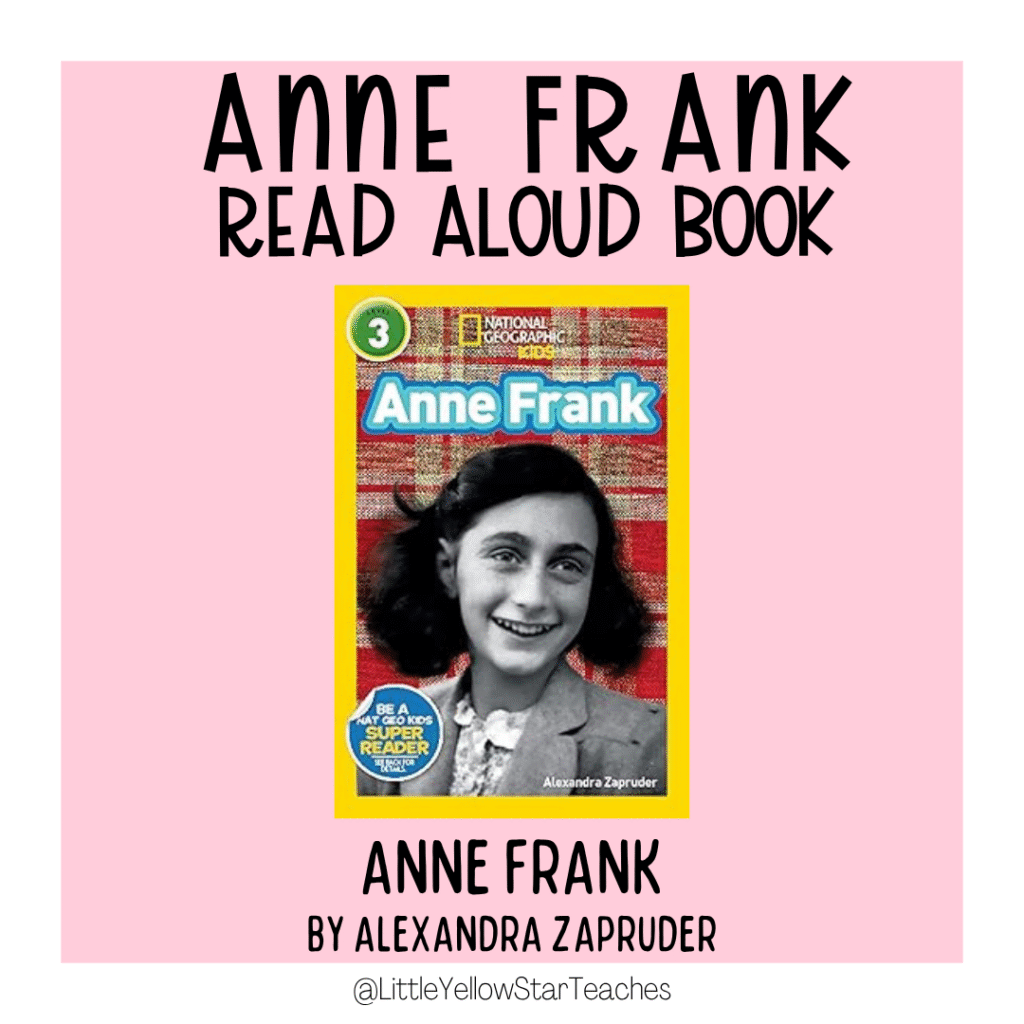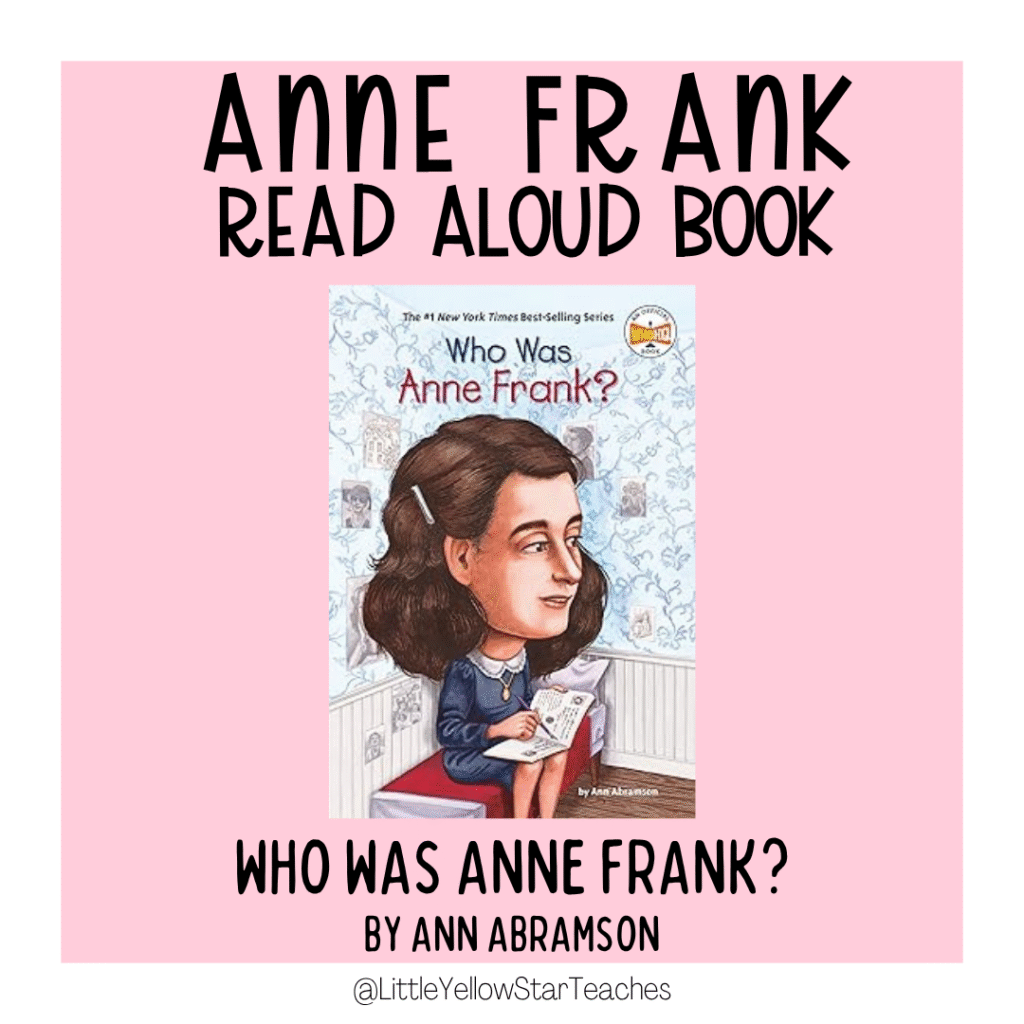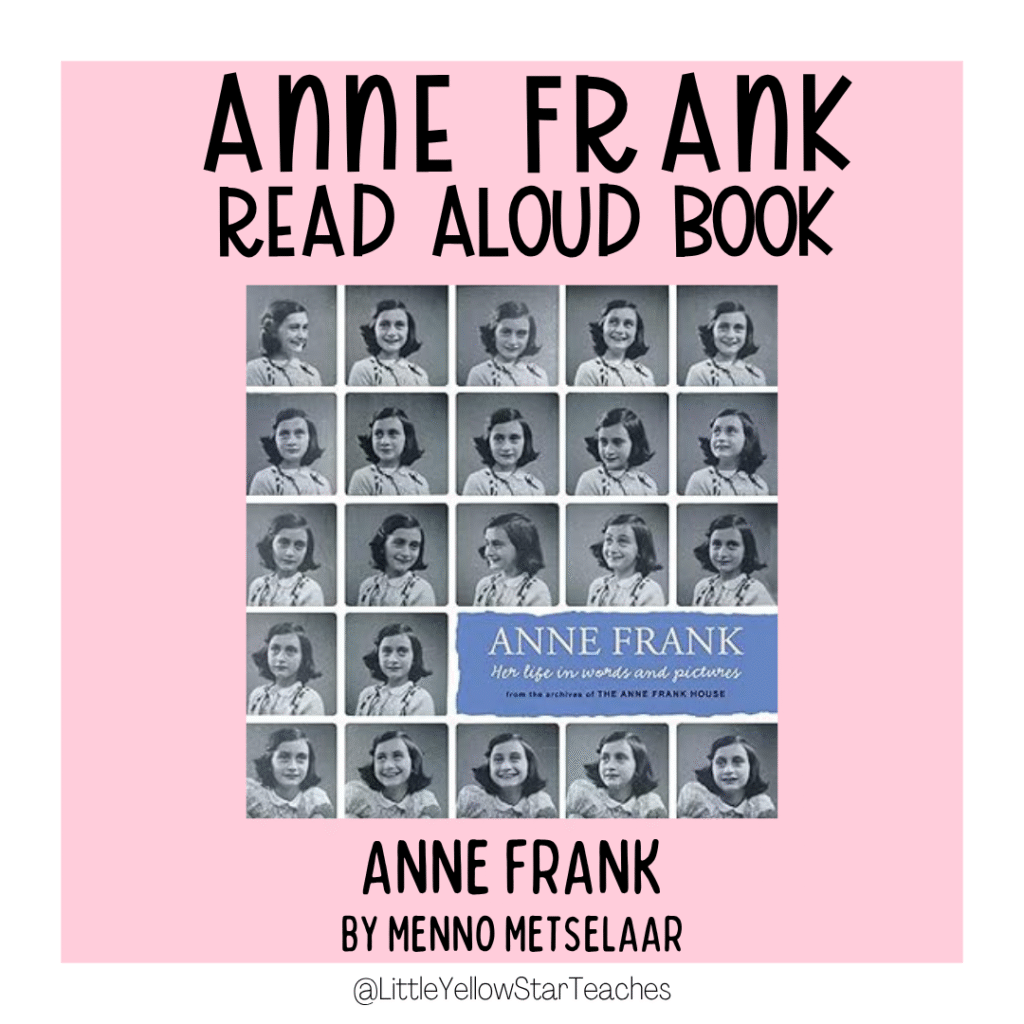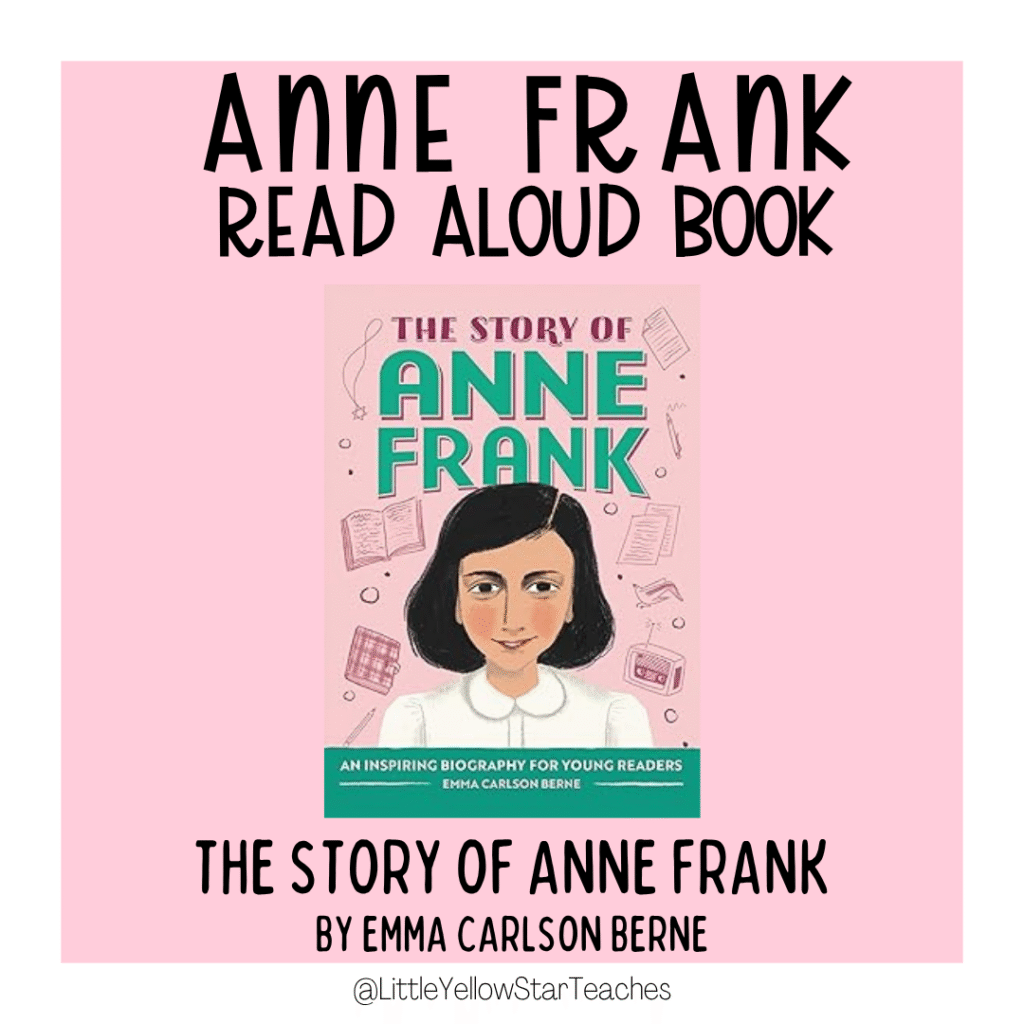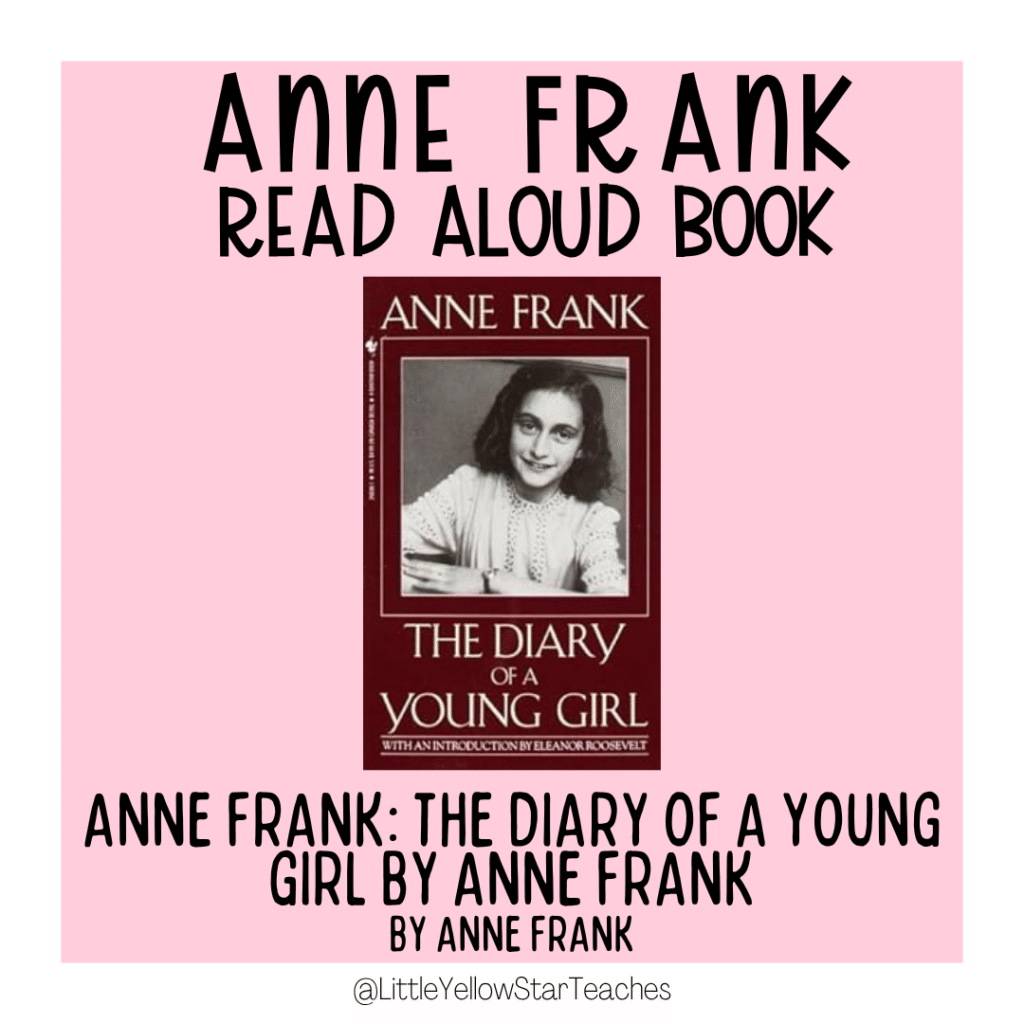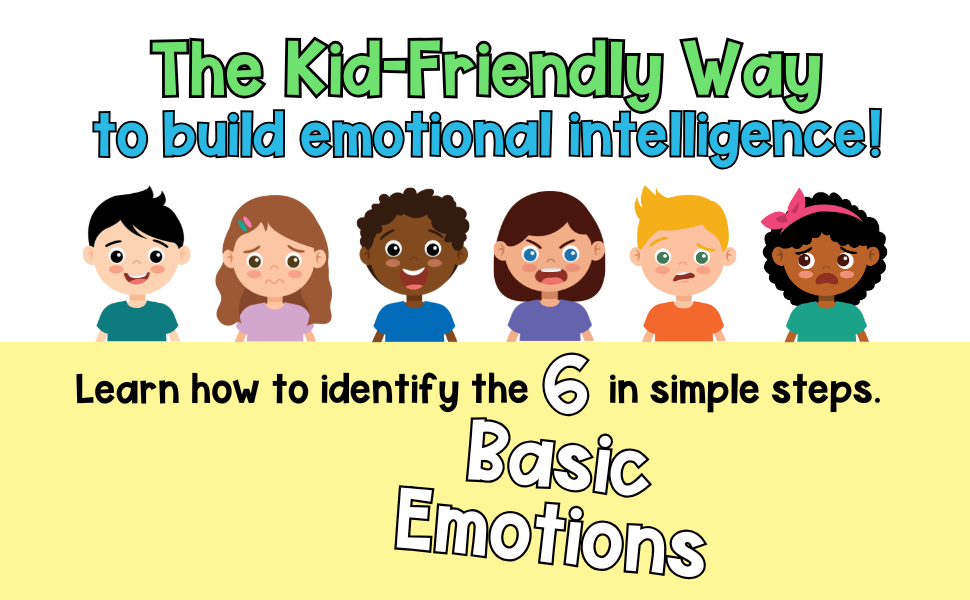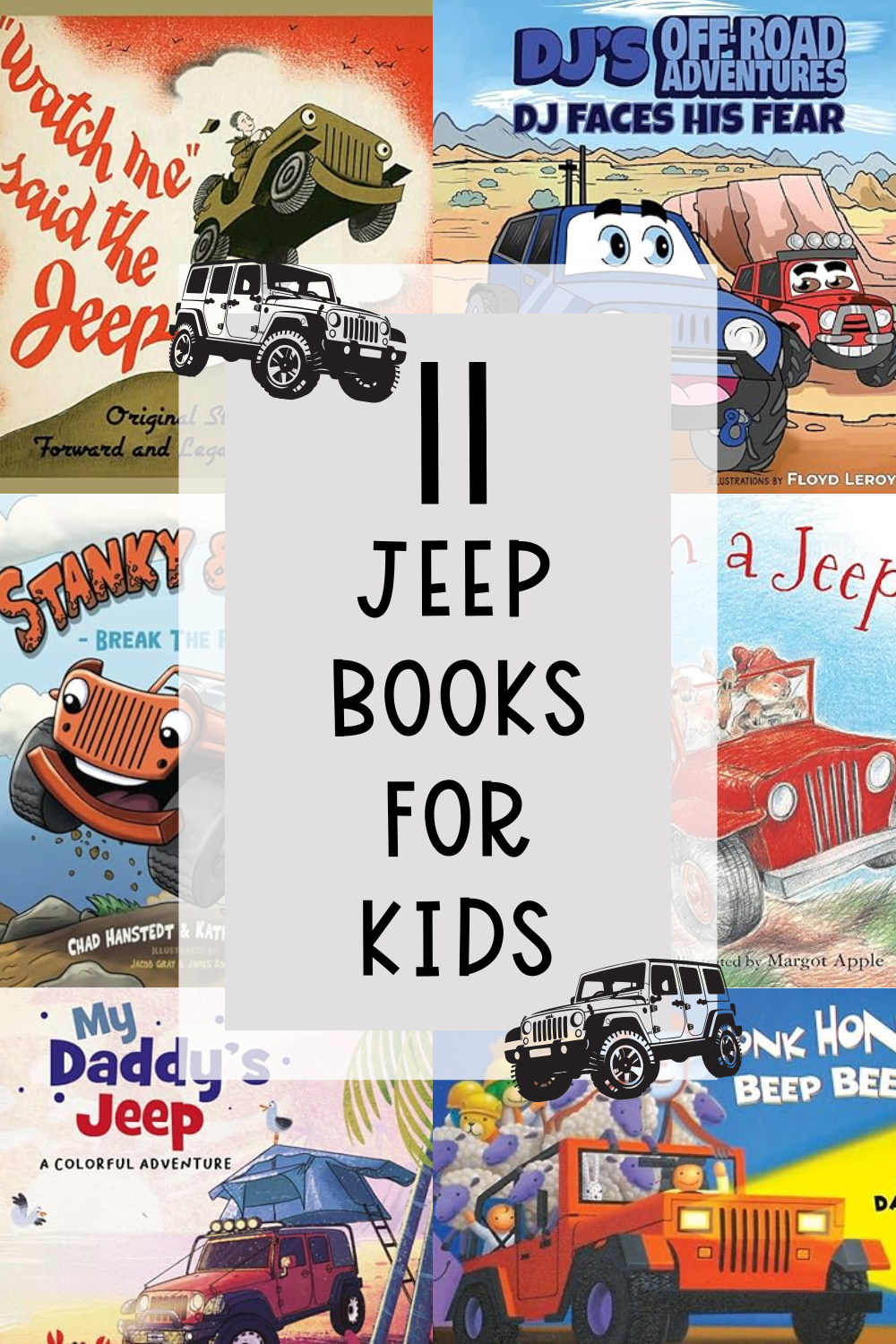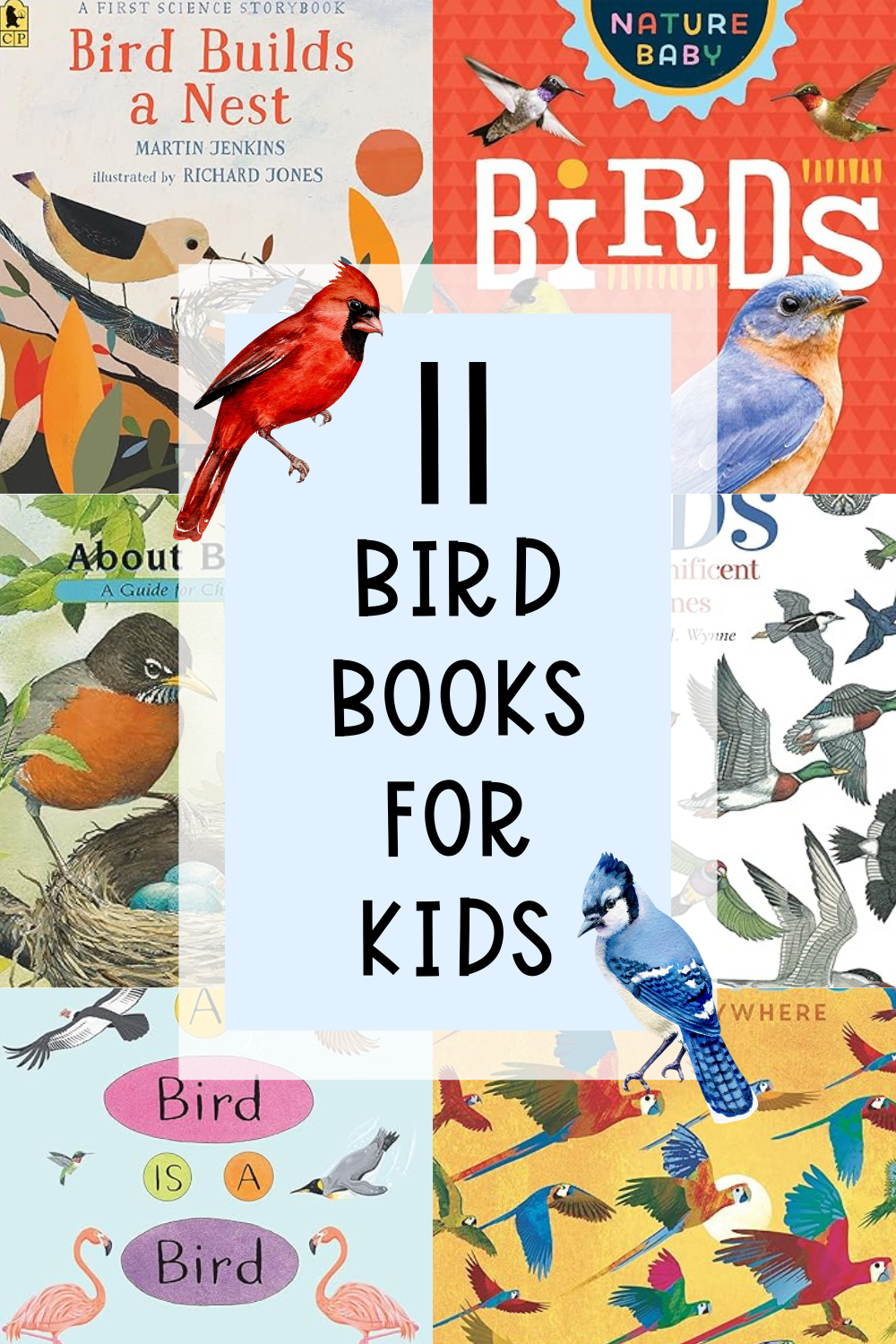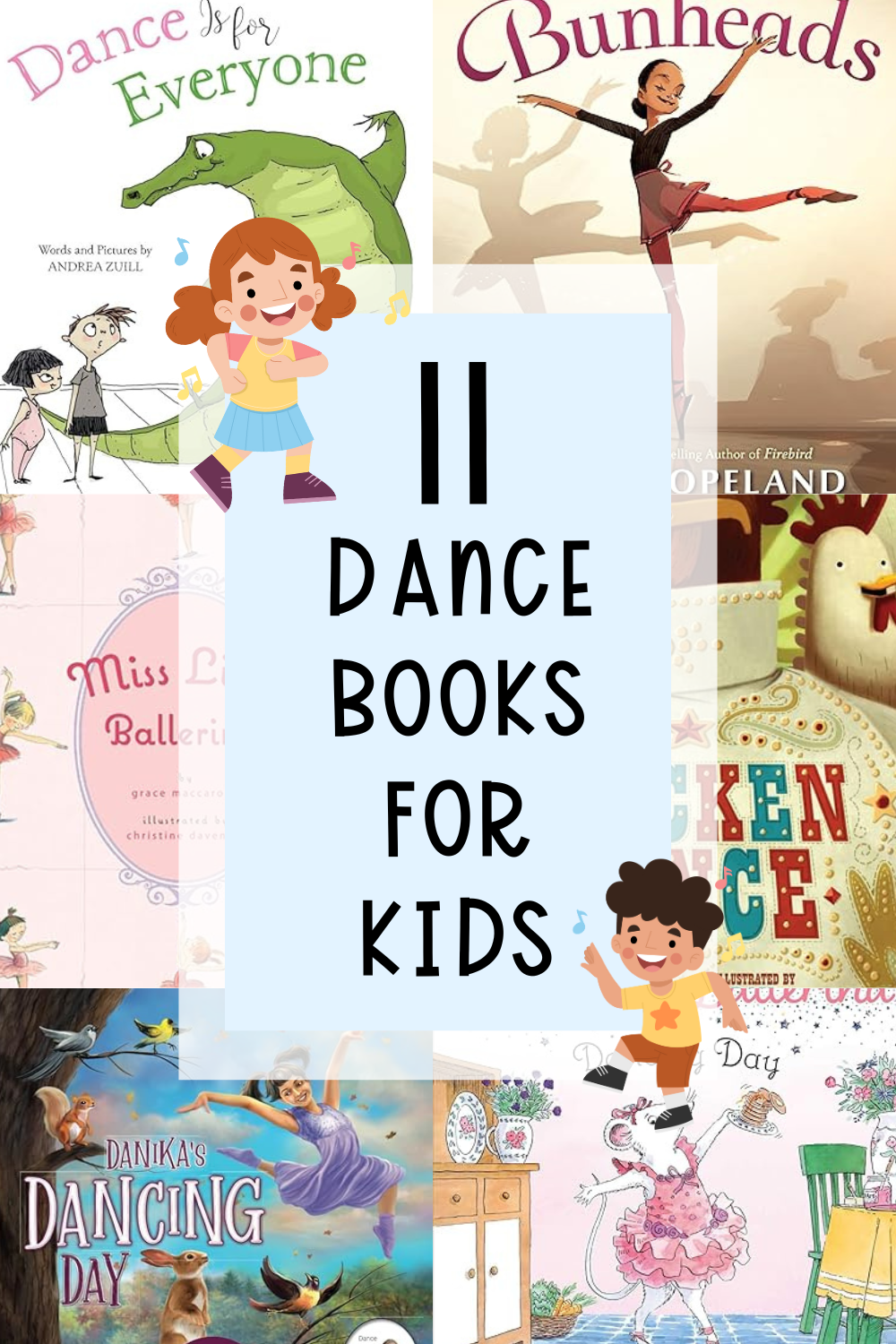Powerful Stories That Inspire Courage, Reflection, and Hope
Anne Frank’s story has touched hearts around the world. Her words, written during one of history’s darkest times, continue to inspire young readers with their honesty, bravery, and hope. Books about Anne Frank help children learn about the Holocaust in an age-appropriate way, while also encouraging empathy, resilience, and the power of using your voice.
In this post, I’m sharing my recommended Anne Frank books for kids, organized by age group. I’ve also included thoughtful discussion questions and gentle activity ideas to help children process and connect with Anne’s story. Let me know how her words impact the young readers in your life.
***Disclosure: This post contains an Amazon affiliate link that at no additional cost to you, I may earn a small commission when you purchase through the link from my blog. Thank you for your support!
Table of Content
- Why Read Books About Anne Frank?
- The Role of Books in Teaching Kids about Anne Frank
- 11 Anne Frank Books For Children
- What Gnome Book(s) Are You Going To Read Later?
Why Read Books About Anne Frank?
Anne Frank’s story helps children understand history through the eyes of someone their own age.
Reading about Anne gives young people a personal connection to World War II and the Holocaust. It introduces them to difficult but essential topics—like prejudice, war, and human rights—through a lens of compassion and personal growth.
Her courage, hope, and love for life make her a timeless role model, reminding children that their thoughts and voices matter.
The Role of Books in Teaching Kids about Anne Frank
Books about Anne Frank teach more than history—they nurture empathy, critical thinking, and resilience.
Kids learn about standing up against injustice, holding onto hope, and finding beauty in small moments. Many books focus on Anne’s optimism, her love for writing, and her belief in the goodness of people—even in the most challenging circumstances.
These stories also support discussions about identity, tolerance, family, and the importance of remembering the past to create a better future.
How to Use Books about Anne Frank with Children
Here are some ways to make reading about Anne Frank meaningful and age-appropriate:
- 🕊️ Ask Open-Ended Questions: After reading, gently ask: What do you think Anne was feeling when she wrote in her diary? or Why do you think her story is still important today? Use Turn and Talk for older students to reflect and build empathy.
- 📝 Engage in Reflective Activities: Invite children to start their own journal or diary, write a letter to Anne, or create a “window of hope” filled with kind messages. For older readers, compare quotes from her diary and discuss their meaning.
- 📚 Refer Back to the Books: When discussing history, identity, or human rights, refer to moments from Anne’s life or her writing. Use her voice as a bridge to connect past and present.
- 👨👩👧 Involve Other Caregivers: Encourage families to read these books together, especially if children have questions or need space to process difficult topics. Provide caregiver guides or prompts to support thoughtful conversation.
11 Anne Frank Books For Children
Younger Children (Ages 3-6)
#1 “I am Anne Frank” by Brad Meltzer
This entry in the “Ordinary People Change the World” series introduces young readers to Anne Frank’s life, focusing on her bravery and optimism.
Thematic Insights: Highlights courage, resilience, and the power of words during dark times.
Activity Suggestion: Diary Reflection – Write a journal entry about something you’re thankful for today.
Discussion Questions:
- Why did Anne Frank keep a diary?
- How did writing help Anne during difficult times?
- What can we learn from Anne’s story?
#2 “Anne Frank” by Mary Nhin
Part of the “Mini Movers and Shakers” series, this book presents Anne Frank’s story in a simplified and inspiring way for early readers.
Thematic Insights: Encourages hope, emotional strength, and standing up for what’s right.
Activity Suggestion: Story Summary Drawing – Draw a picture that represents what you remember most from Anne’s life.
Discussion Questions:
- Who was Anne Frank and why is she important?
- What would you write about if you kept a diary?
- How can stories teach us about history?
#3 “Anne Frank” by Inspired Inner Genius
This biography introduces children to Anne Frank as a real person with a voice, dreams, and impact, emphasizing her strength.
Thematic Insights: Focuses on inner strength, empathy, and historical awareness.
Activity Suggestion: Word Cloud – Create a word cloud using words that describe Anne’s personality and values.
Discussion Questions:
- What were some of Anne’s dreams?
- How did she show bravery?
- Why should we remember people like Anne?
Lower Elementary Children (Ages 7-9)
#4 “A Picture Book of Anne Frank” by David A. Adler
This picture book biography provides a thoughtful introduction to Anne Frank’s life and legacy for elementary-aged readers.
Thematic Insights: Introduces themes of human rights, hope, and remembrance.
Activity Suggestion: Timeline Activity – Create a timeline of key events in Anne Frank’s life.
Discussion Questions:
- What happened to Anne Frank and her family?
- Why is her diary so well-known?
- How can we keep her memory alive?
#5 “Anne Frank” by Maria Isabel Sanchez Vegara
From the “Little People, Big Dreams” series, this beautifully illustrated book tells Anne’s story with care and age-appropriate language.
Thematic Insights: Empowers children to believe in their voice, even in difficult situations.
Activity Suggestion: Dream Poster – Make a poster about your own big dream.
Discussion Questions:
- What dreams did Anne have?
- Why is her story still read today?
- What would you write about in your own story?
#6 “Anne Frank” by Josephine Poole
A poignant retelling of Anne Frank’s life with expressive illustrations and a strong emotional tone.
Thematic Insights: Offers insight into empathy, the Holocaust, and individual strength.
Activity Suggestion: Emotion Art – Paint or draw how you think Anne felt during her time in hiding.
Discussion Questions:
- How do the illustrations help tell the story?
- What emotions do you think Anne felt?
- What can you do when you feel scared?
Check Out Capybara-Theme Daily Reflection Journals For Kids!
#7 “Anne Frank” by Alexandra Zapruder
Part of the “Biography for Kids” series, this book includes photographs and rich context for upper elementary and middle grade readers.
Thematic Insights: Provides deeper understanding of the Holocaust and Anne’s historical impact.
Activity Suggestion: Historical Comparison – Compare Anne’s time with today’s world and discuss changes.
Discussion Questions:
- What made Anne Frank’s story so powerful?
- What did you learn about history?
- How would you feel in her place?
Upper Elementary Children (Ages 9-11)
#8 “Who Was Anne Frank?” by Ann Abramson
A popular chapter book biography that tells Anne’s story clearly and compellingly for ages 8–12.
Thematic Insights: Emphasizes historical awareness, family, and the power of a personal voice.
Activity Suggestion: Interview Exercise – Pretend to interview Anne Frank with questions and answers.
Discussion Questions:
- What do you admire about Anne Frank?
- How did her diary make a difference?
- What would you ask her if you could?
#9 “Anne Frank” by Menno Metselaar
This in-depth biography offers detailed insight for older readers, with historical photographs and context.
Thematic Insights: Connects history, empathy, and education through personal narrative.
Activity Suggestion: Photo Reflection – Choose one historical photo and write what you think is happening.
Discussion Questions:
- What new things did you learn about Anne’s time?
- How do photos tell a story?
- Why is it important to preserve history?
#10 “The Story of Anne Frank” by Emma Carlson Berne
This early reader book presents Anne’s story in a short, accessible narrative perfect for younger kids.
Thematic Insights: Offers gentle introduction to themes of history, bravery, and storytelling.
Activity Suggestion: Story Retelling – Retell Anne’s story in 5 sentences using your own words.
Discussion Questions:
- What part of the story stood out most to you?
- What is bravery?
- What do you remember most?
#11 “Anne Frank: The Diary of a Young Girl” by Anne Frank
Anne Frank’s original diary, written while in hiding, captures her hopes, fears, and reflections as a teenager living through persecution.
Thematic Insights: A timeless message of hope, humanity, and the importance of remembering history.
Activity Suggestion: Journal Writing – Keep your own diary for one week and reflect on your days.
Discussion Questions:
- What did Anne teach us about being human?
- Why do her words still matter today?
- What would you write in your own diary?
Grab these free resources to make your teaching life easier!
What Anne Frank Book(s) Are You Going To Read Later?
Anne Frank books for kids are deeply moving and incredibly important. They help young readers understand history in a personal way and inspire them to speak up, stay hopeful, and value every human story.
Which book about Anne Frank are you planning to explore? Tag me on Instagram @LittleYellowStarTeaches and share how you’re bringing her story to life in your home or classroom.
Happy reading!
Prima at LittleYellowStar
* * *

